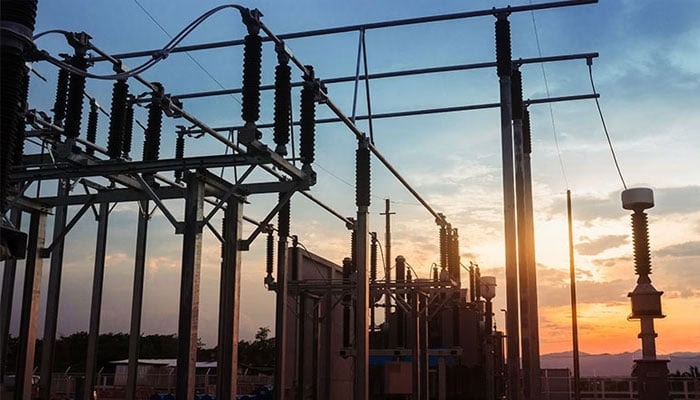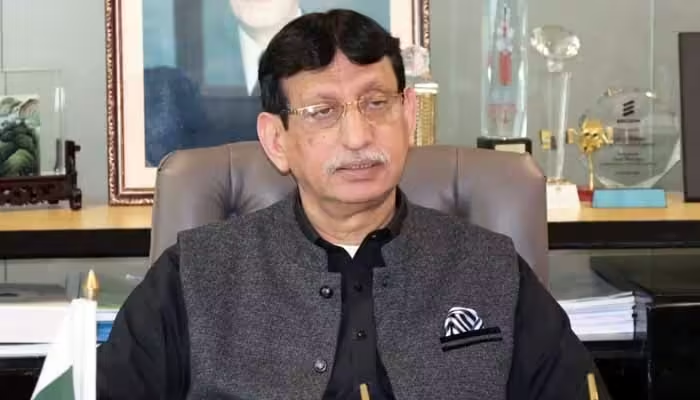The government of Pakistan has successfully negotiated a settlement with yet another Independent Power Producer (IPP), marking a significant milestone in its ongoing efforts to reform the energy sector. According to sources in the Ministry of Energy, the board of Safe Power Company has approved amendments to its Power Purchase Agreement (PPA), introducing key changes aimed at reducing the financial burden on the economy.
Amendments to the Power Purchase Agreement
Sources reveal that the board of Safe Power Company has agreed to revise the existing tariff structure, aligning it with the recommendations of the government’s task force. The amended agreement includes a shift to a hybrid take-and-pay tariff model. This means that payments will now be based on actual electricity consumption rather than guaranteed capacity payments, which have historically been a significant financial strain on the national exchequer.
The company has also informed the Pakistan Stock Exchange (PSX) about the amendments through an official notification, signaling transparency and compliance with regulatory requirements.
A Broader Reform Initiative in the Energy Sector
The settlement with Safe Power Company is part of the government’s broader strategy to renegotiate agreements with IPPs. This initiative aims to address long-standing inefficiencies in the energy sector, which has been plagued by high capacity payments, expensive electricity tariffs, and financial mismanagement.
In recent weeks, the government has made significant progress, with five IPPs already signing preliminary documents to terminate their existing PPAs. These agreements are expected to save approximately Rs. 300 billion over a period of three to ten years. The savings come from eliminating capacity payments, which were previously made regardless of actual electricity consumption.
Rs. 72 Billion to Be Paid to Closed IPPs
While the government is making strides in reducing future liabilities, it remains committed to settling past dues. A total of Rs. 72 billion will be paid to five IPPs that have ceased operations. These payments cover capacity charges and electricity supplied in the past, ensuring that the government meets its contractual obligations while transitioning to a more sustainable energy model.
Ongoing Negotiations with Other IPPs
The Ministry of Energy has confirmed that talks with other IPPs are in advanced stages, with more agreements expected by December 31. These negotiations aim to replicate the success achieved with Safe Power Company and other IPPs, further reducing the overall cost of electricity production in Pakistan.
By addressing the inefficiencies in existing agreements, the government seeks to bring tariffs in line with international standards, ultimately benefiting consumers through lower electricity prices.
Impact on Energy Costs and Economy
The shift to a hybrid take-and-pay tariff system represents a significant departure from the traditional capacity payment model, which has been a major contributor to Pakistan’s circular debt. This reform will not only reduce the financial burden on the government but also pave the way for more efficient use of resources in the energy sector.
Eliminating capacity payments from terminated contracts alone is expected to save billions of rupees, providing much-needed fiscal space for the government to invest in other critical areas such as health, education, and infrastructure development.
Challenges Ahead
While these reforms mark a step in the right direction, the journey is far from over. The energy sector still faces challenges, including:
- High transmission and distribution losses.
- Dependence on imported fuel for electricity generation.
- Limited investment in renewable energy sources.
Additionally, the government must ensure that the revised agreements with IPPs are implemented effectively to avoid future disputes or inefficiencies.
Government’s Stance on Contract Termination
The government has taken a firm stance on renegotiating or terminating unfavorable contracts. Earlier, it warned five IPPs to voluntarily terminate their agreements or face consequences. This assertive approach has expedited the reform process, signaling the government’s resolve to address inefficiencies in the energy sector.
Looking Ahead
As the government continues its negotiations with other IPPs, the focus remains on reducing electricity tariffs and making energy more affordable for consumers. The savings generated from these agreements will play a crucial role in stabilizing Pakistan’s economy, which has been under pressure due to rising inflation and fiscal deficits.
The recent settlement with Safe Power Company is a testament to the government’s commitment to reforming the energy sector. If the current momentum is maintained, Pakistan’s energy landscape could undergo a significant transformation, benefiting both consumers and the economy in the long run.
The settlement with Safe Power Company and the ongoing negotiations with other IPPs mark a crucial step toward achieving energy sector reforms in Pakistan. By transitioning to a hybrid take-and-pay tariff model and eliminating capacity payments, the government is addressing long-standing inefficiencies that have burdened the economy for decades.
With further agreements expected by the end of the year, these efforts could lay the foundation for a more sustainable and cost-effective energy sector, ultimately benefiting millions of consumers across the country. The success of these reforms will depend on their effective implementation and the government’s continued focus on transparency and accountability in the energy sector.



